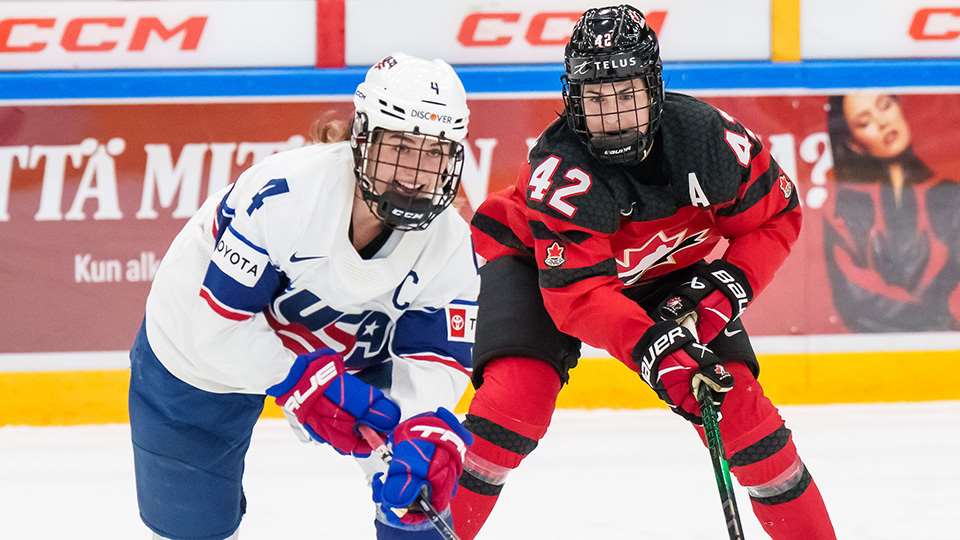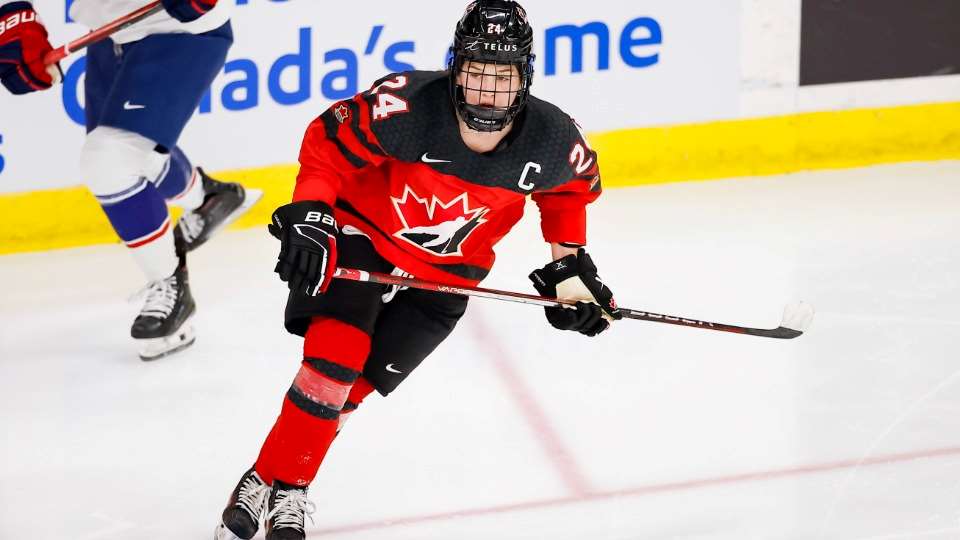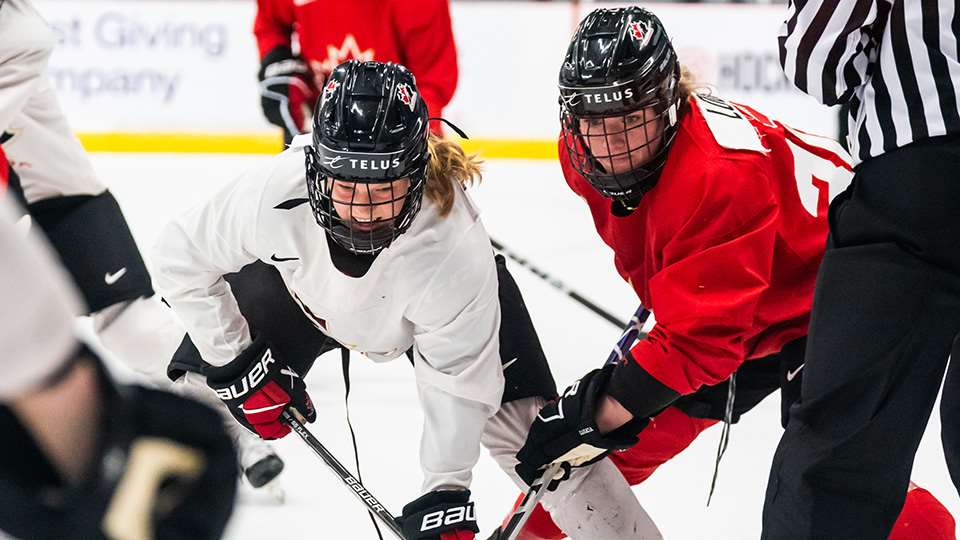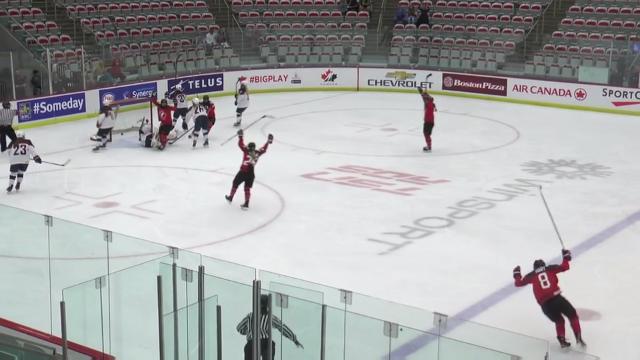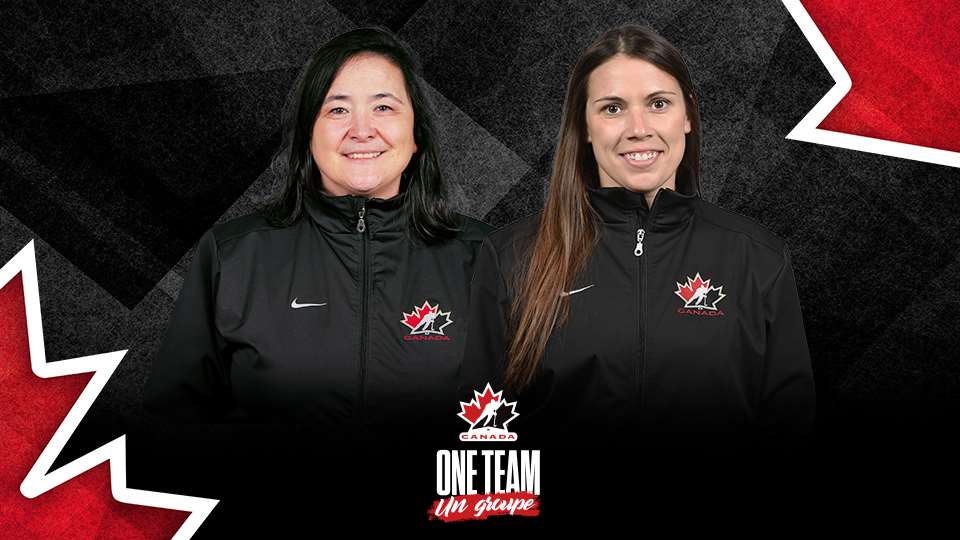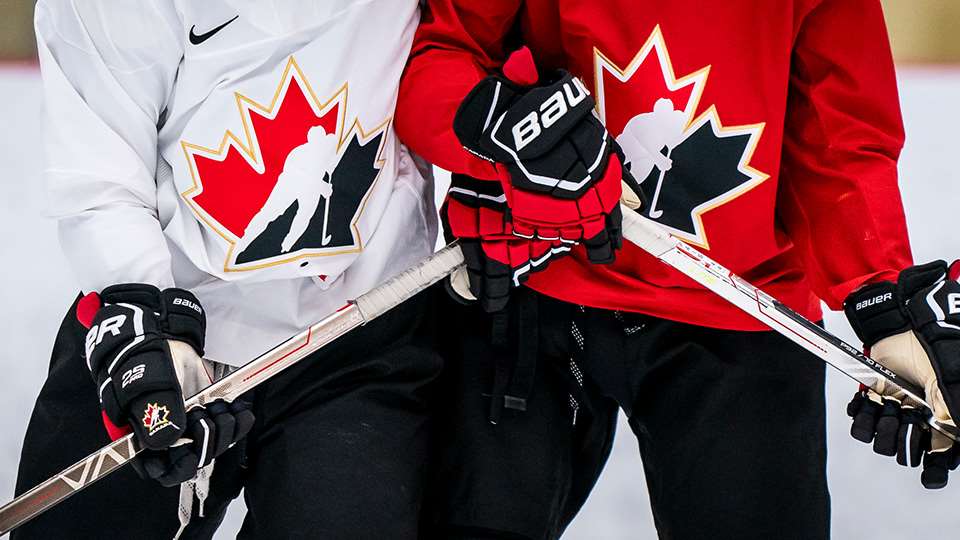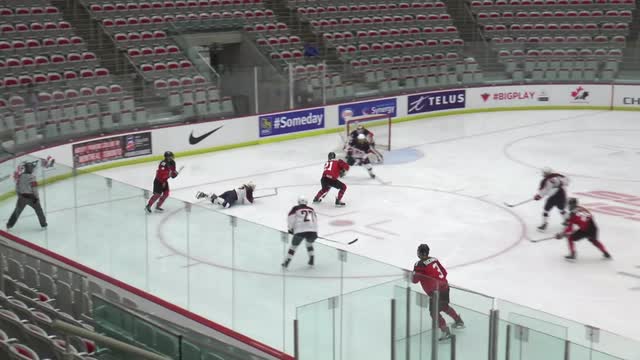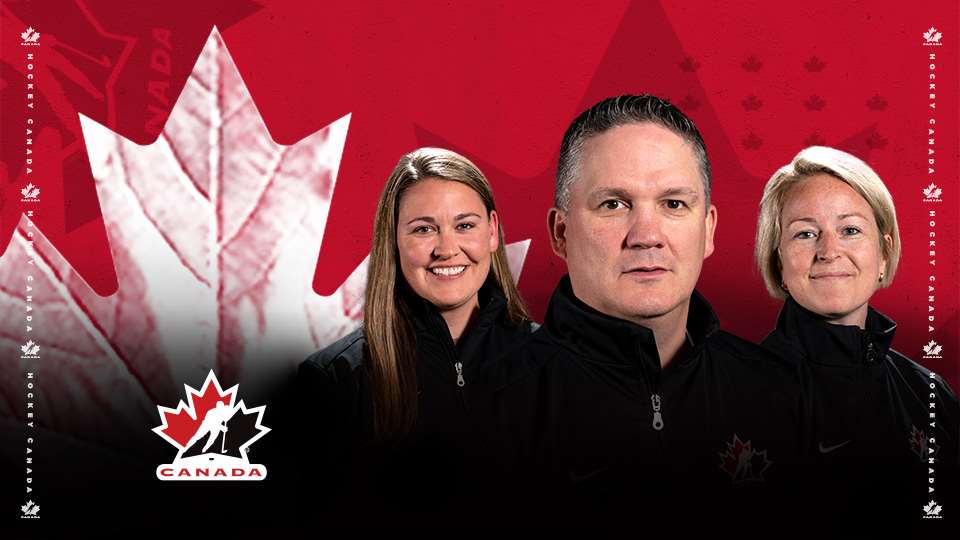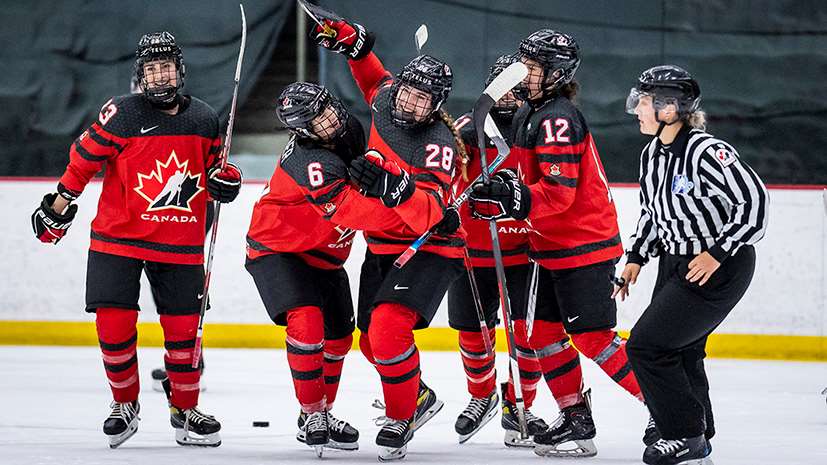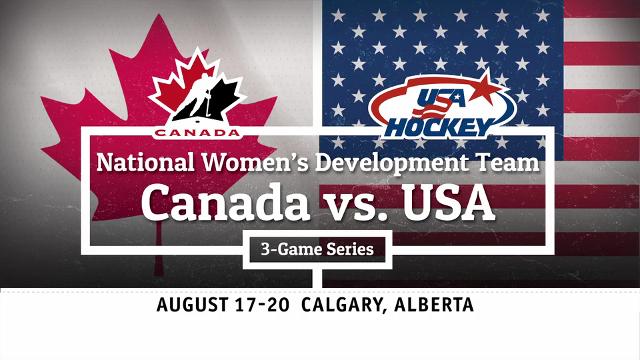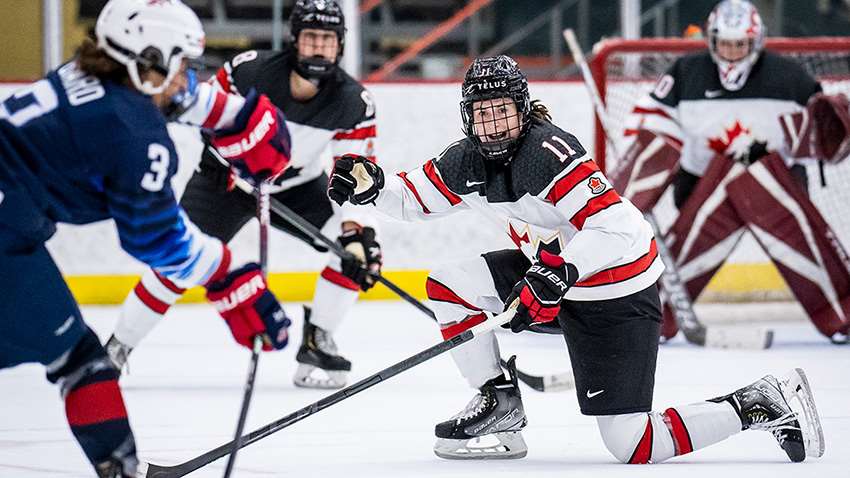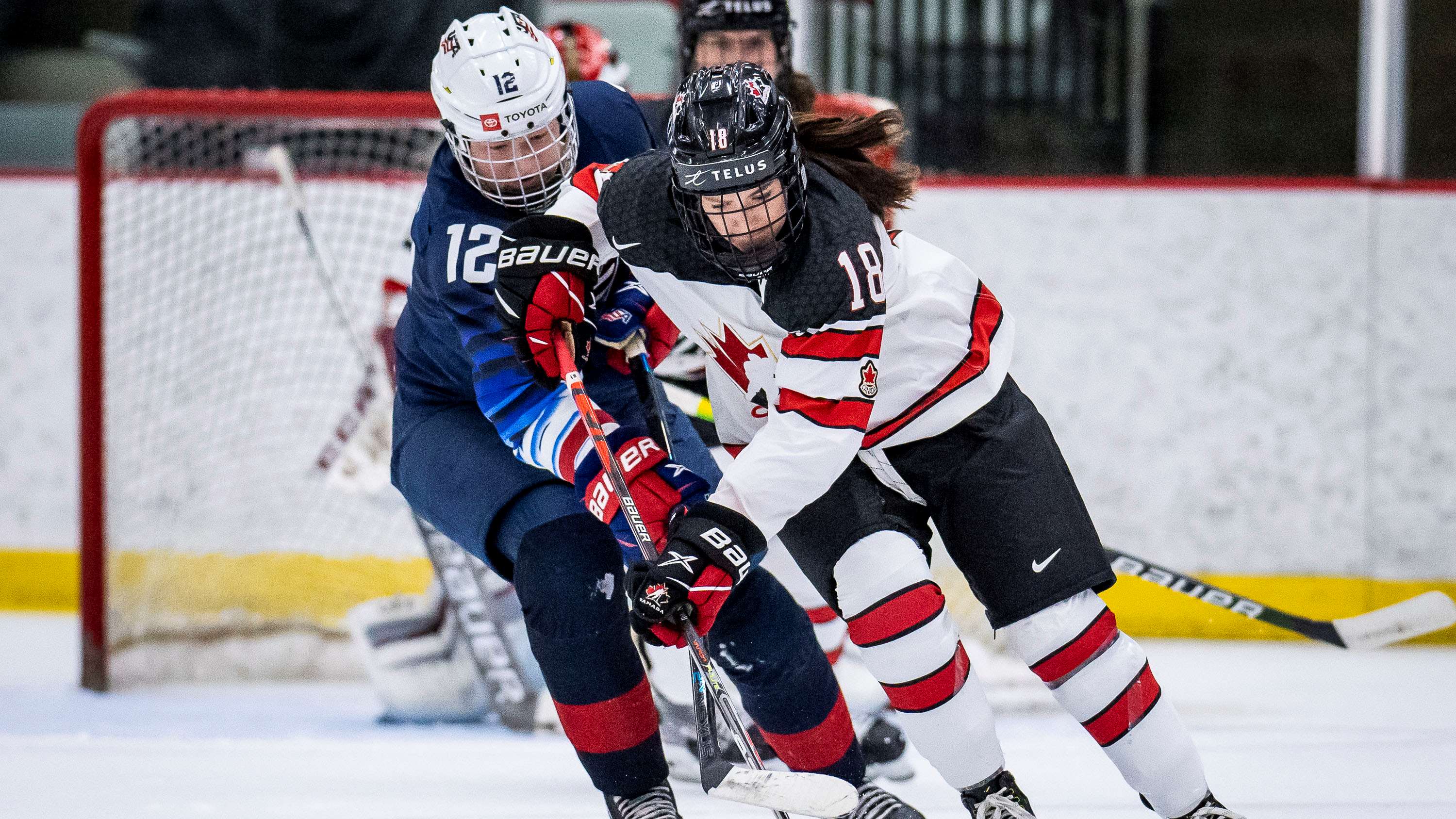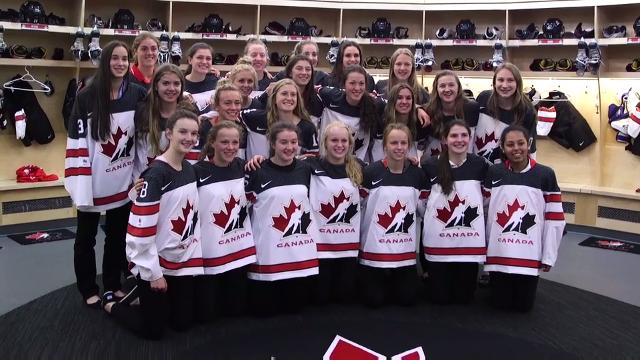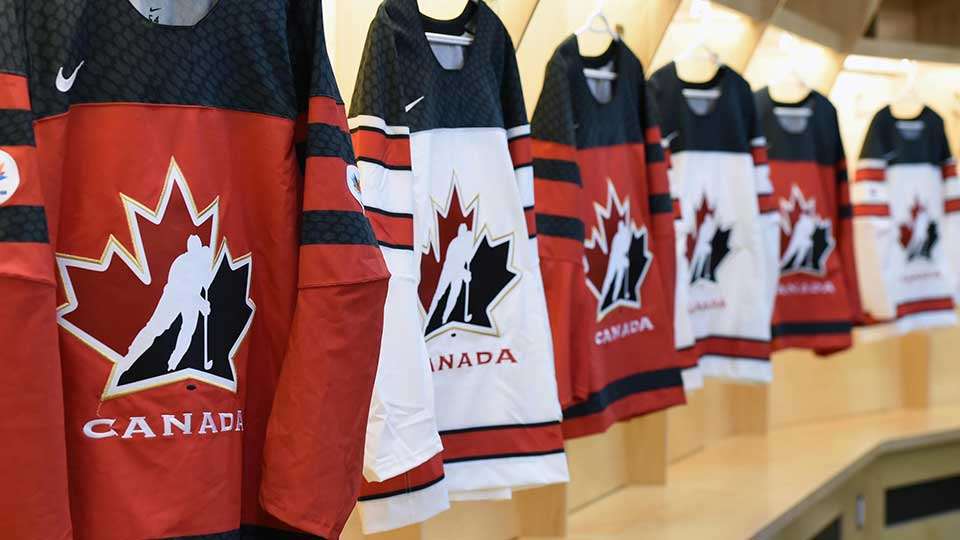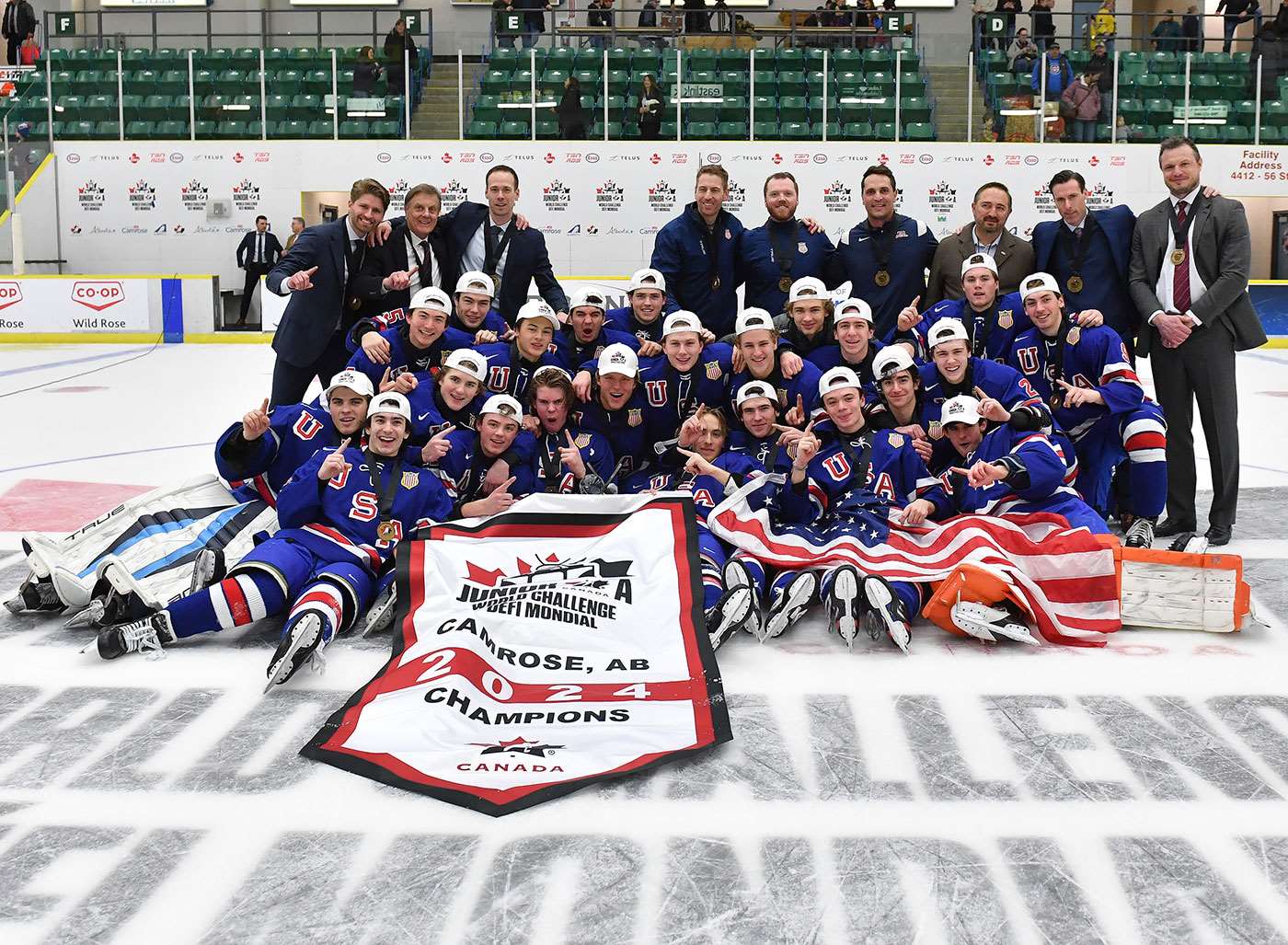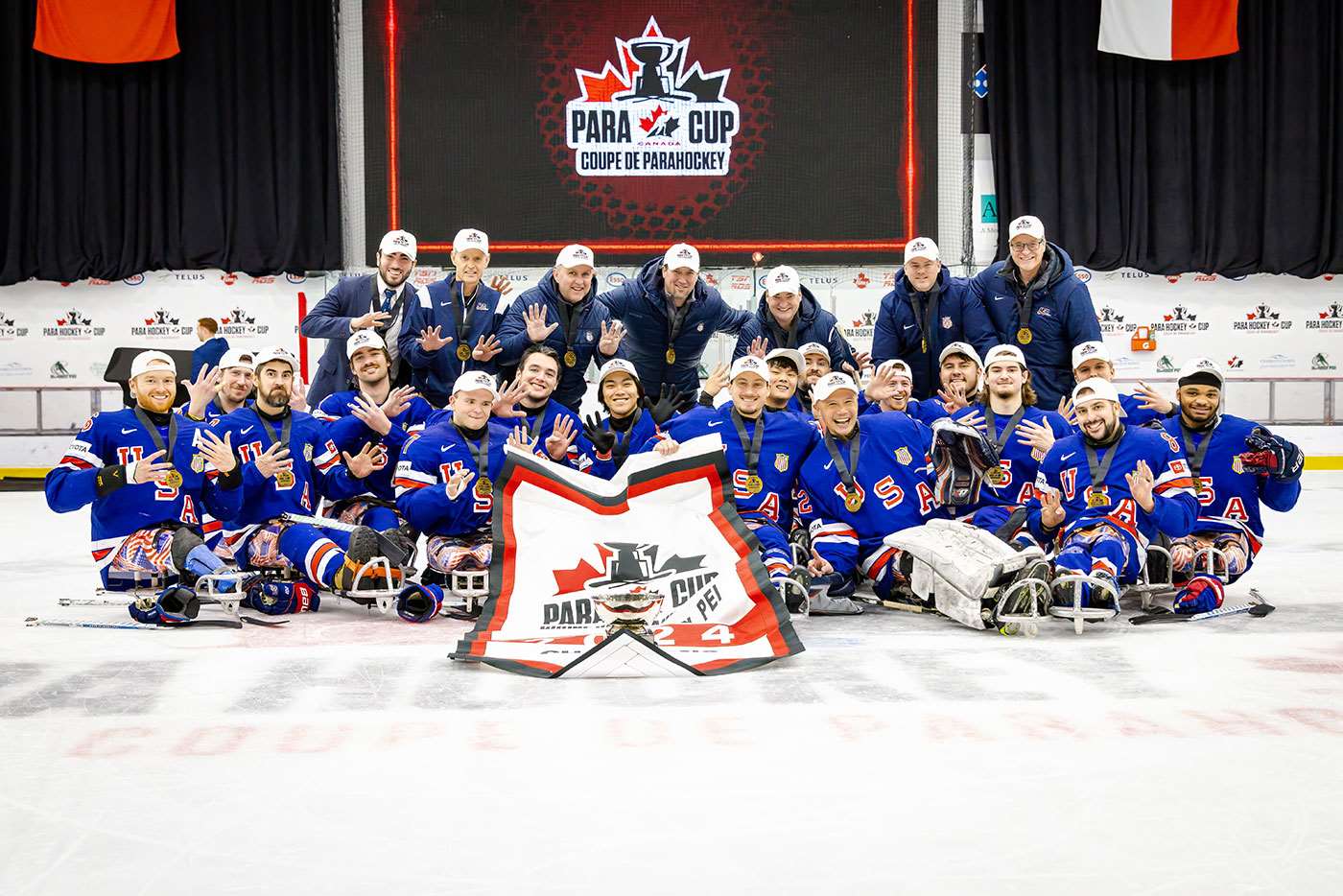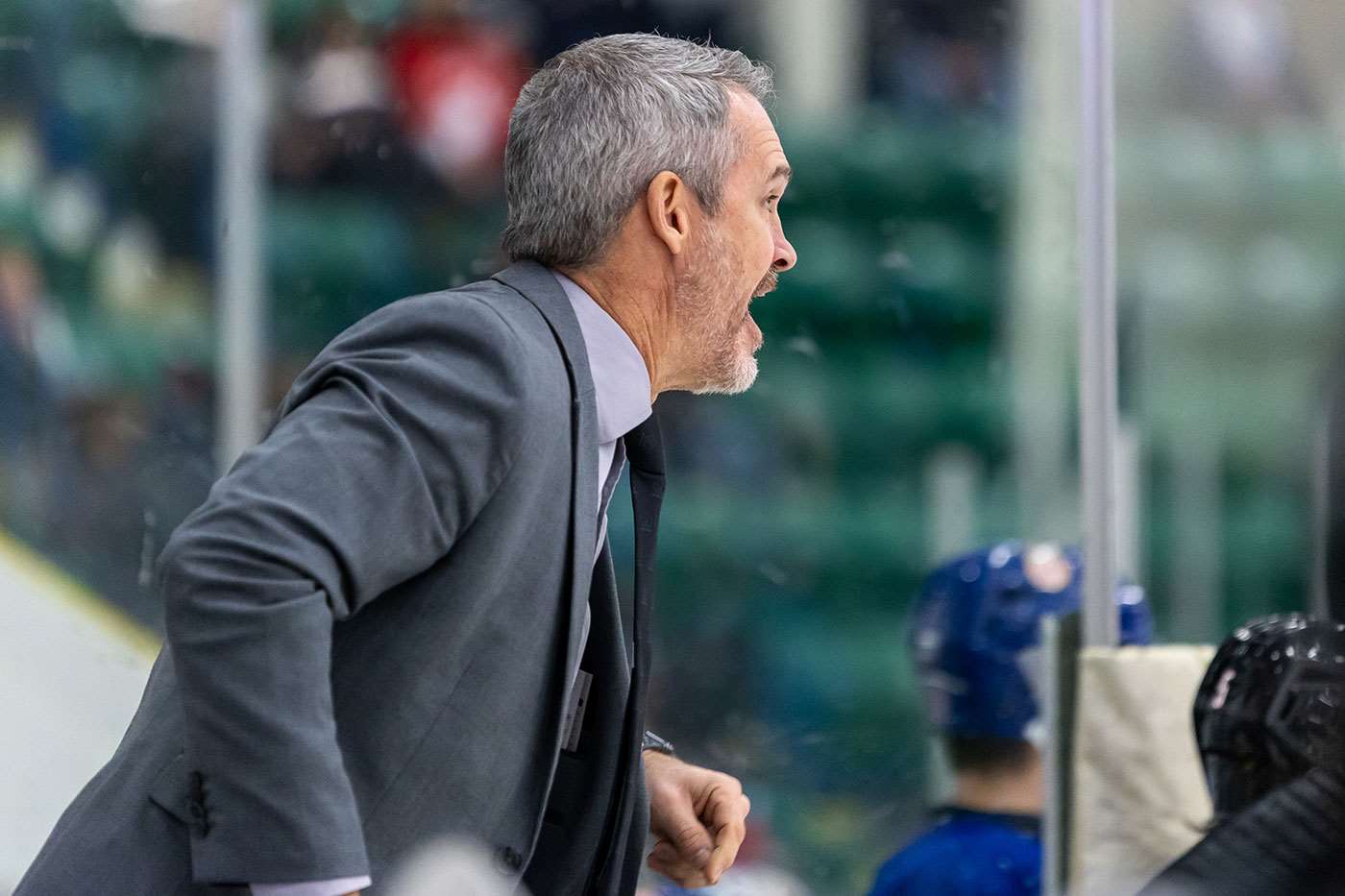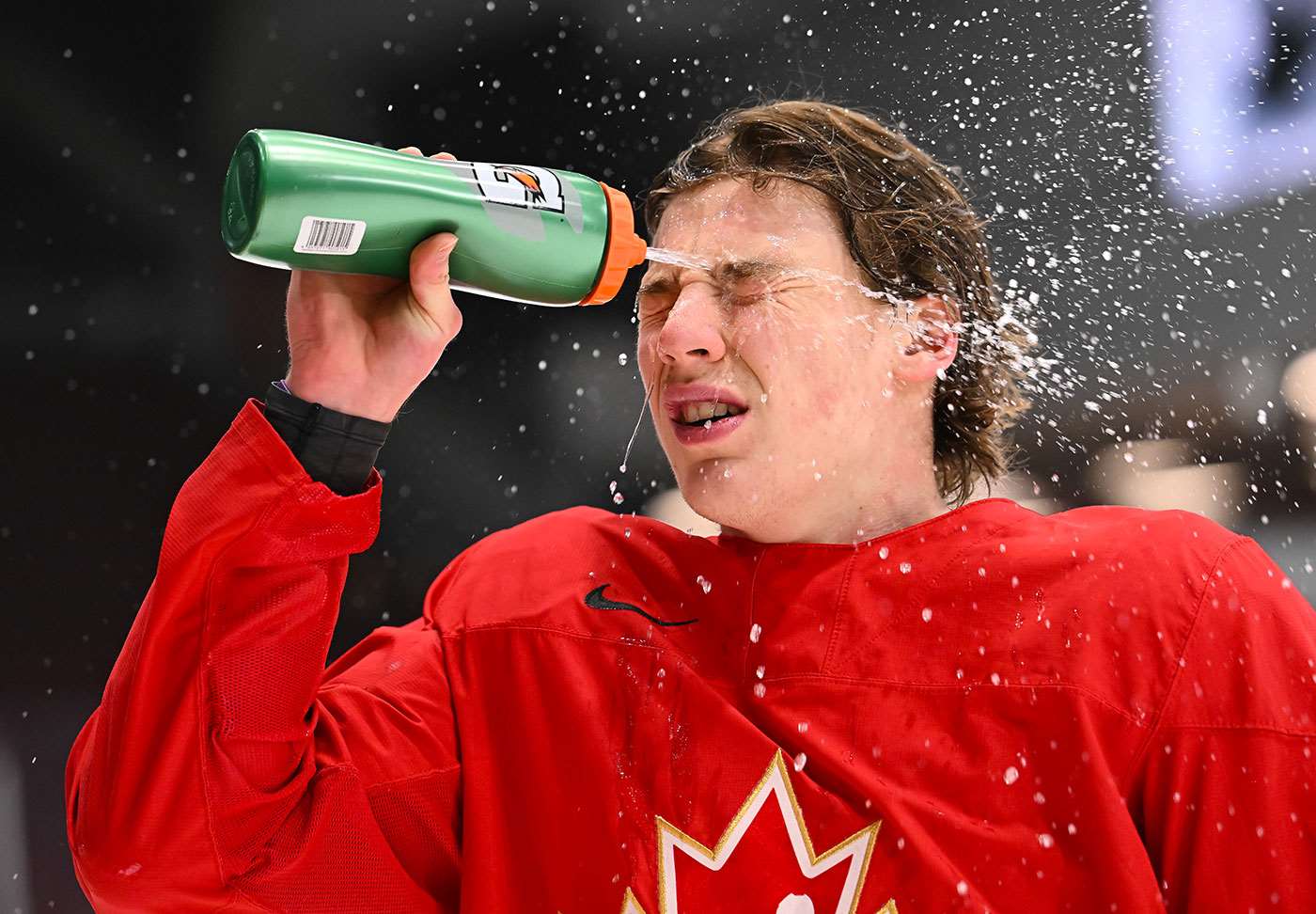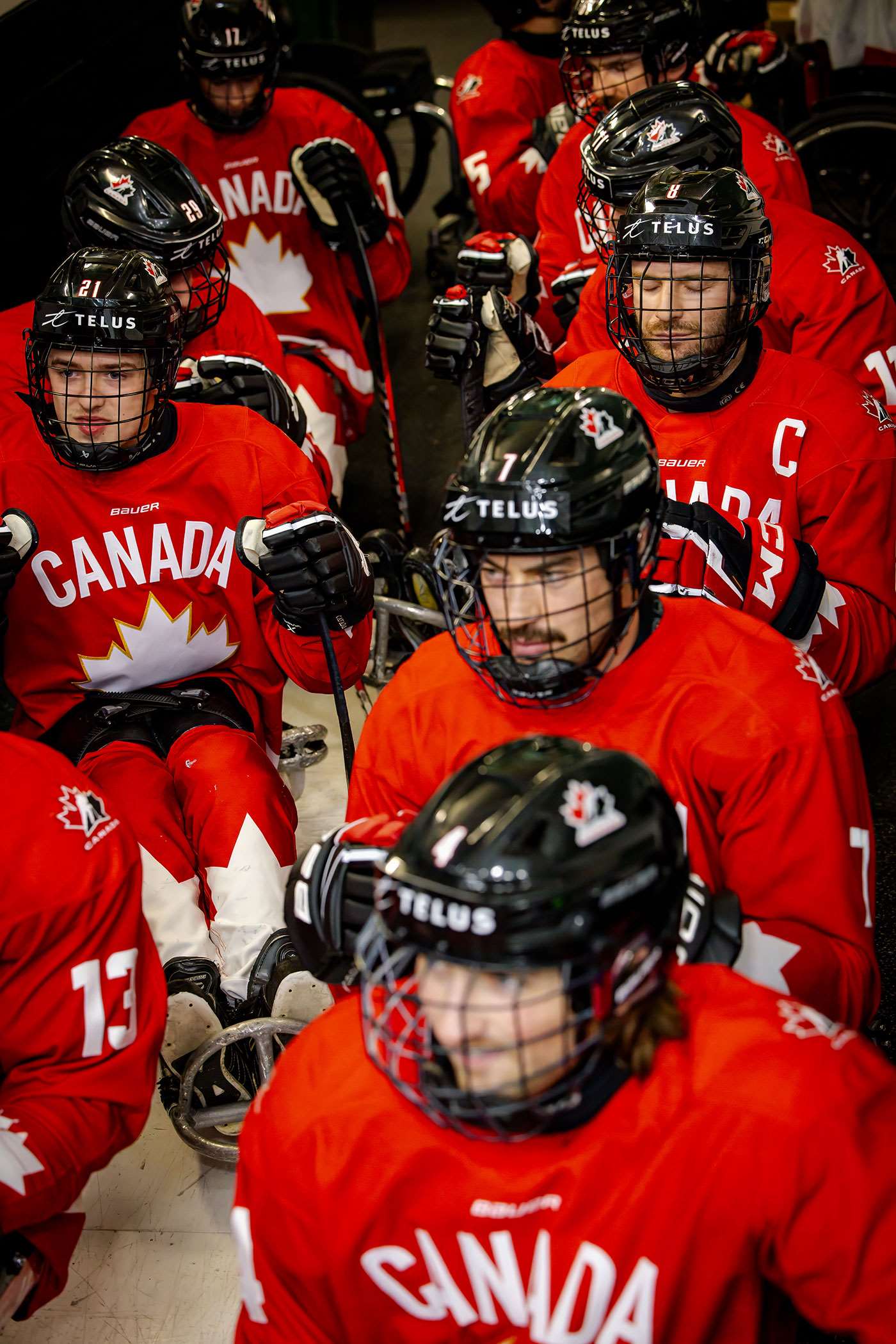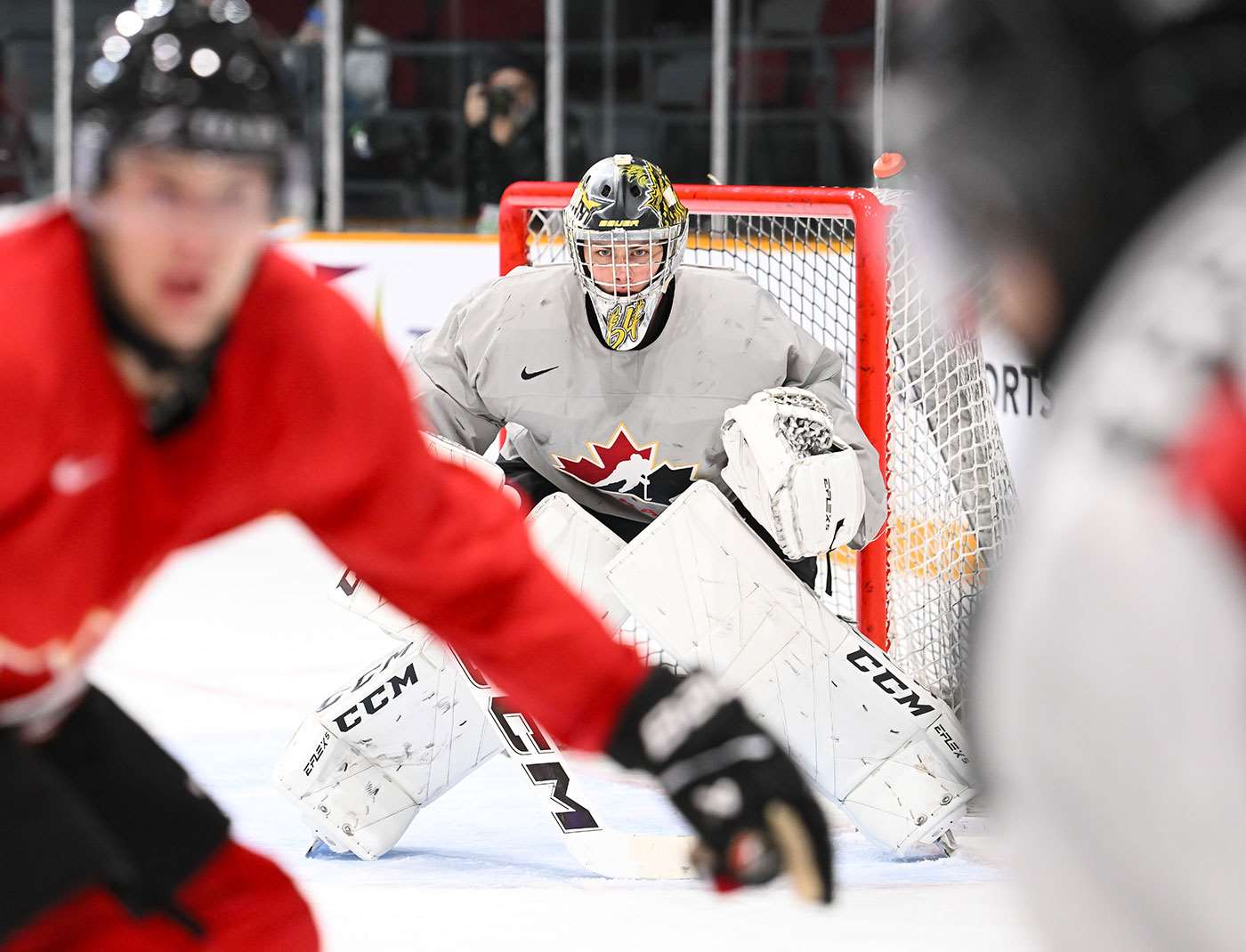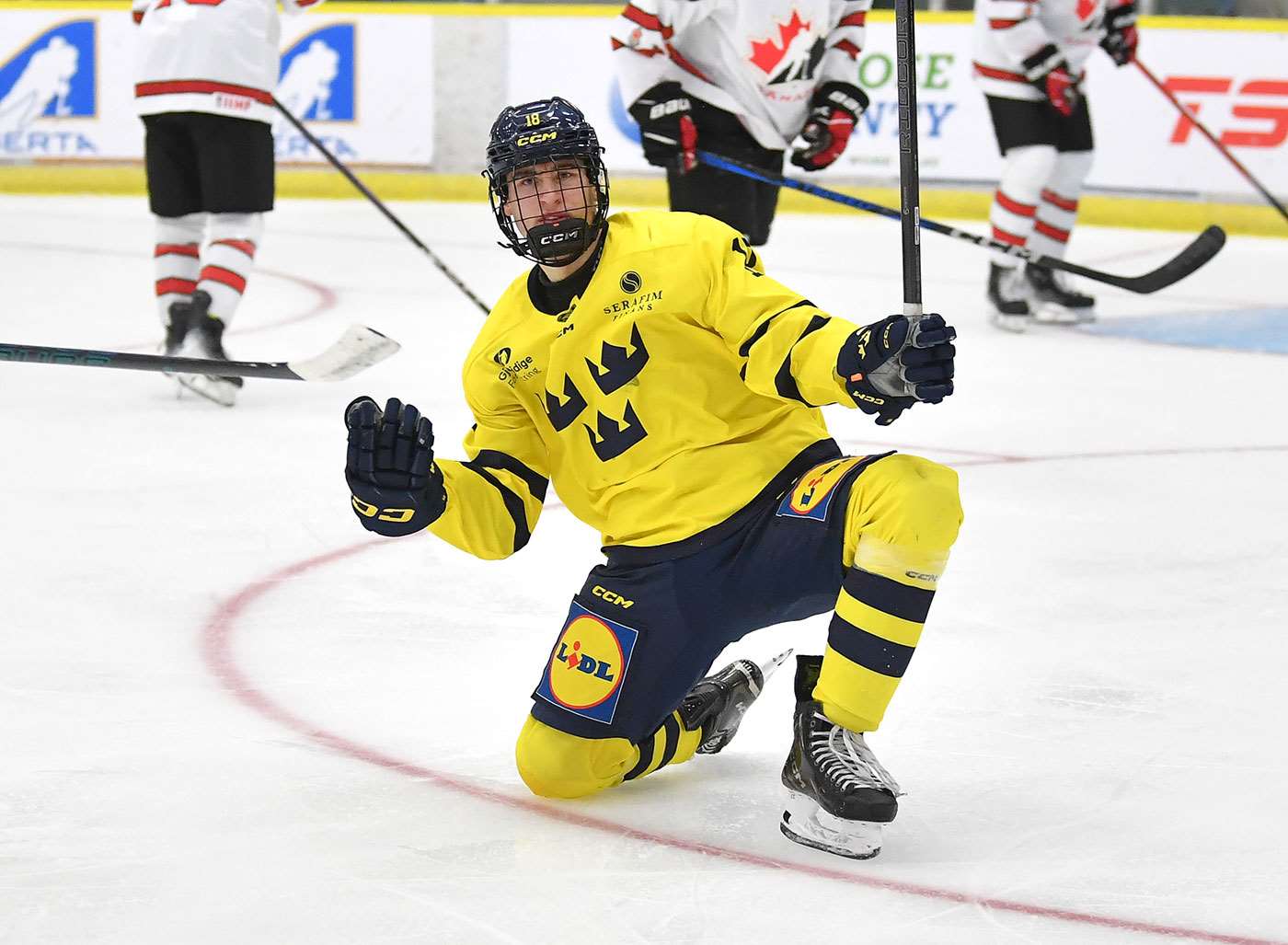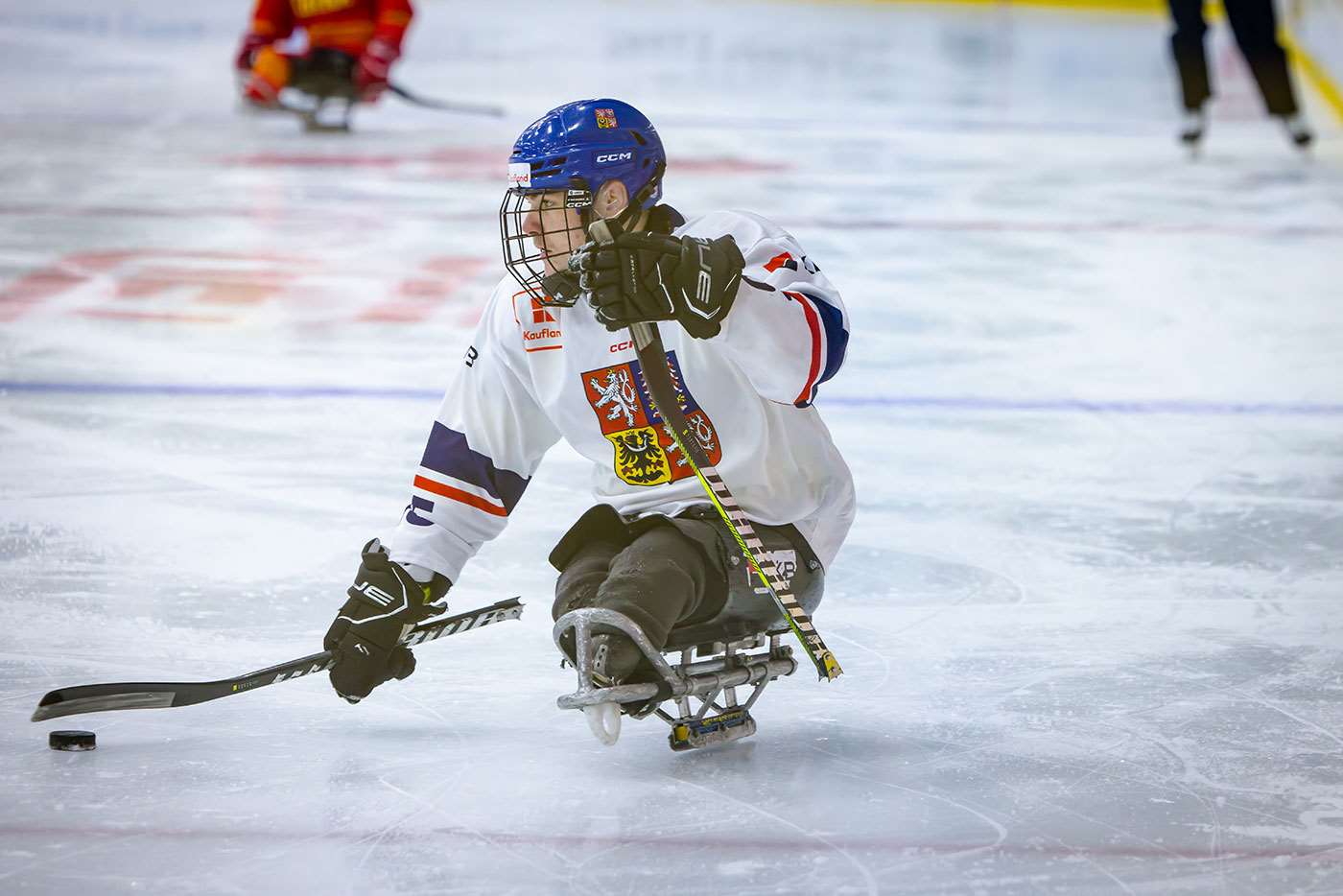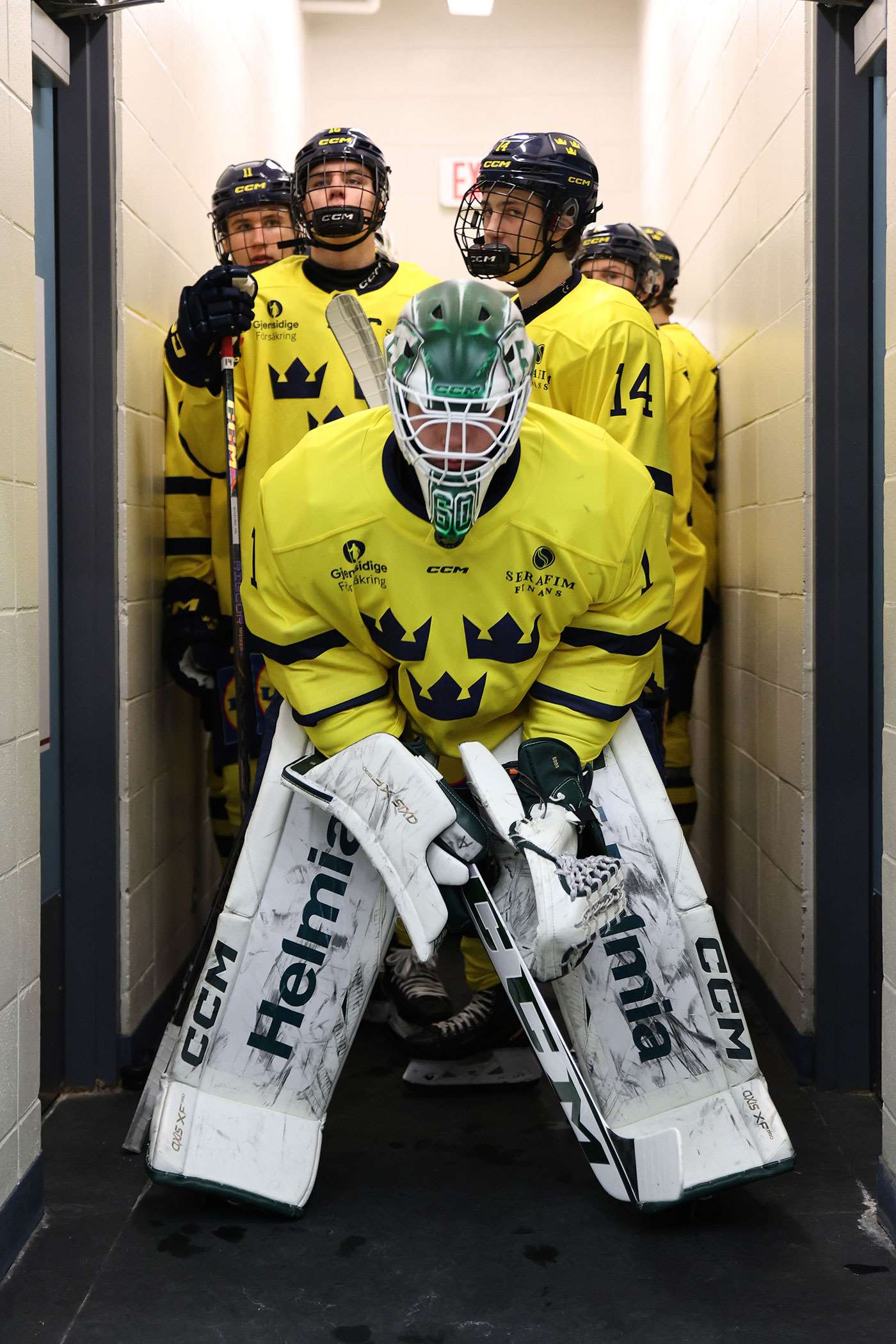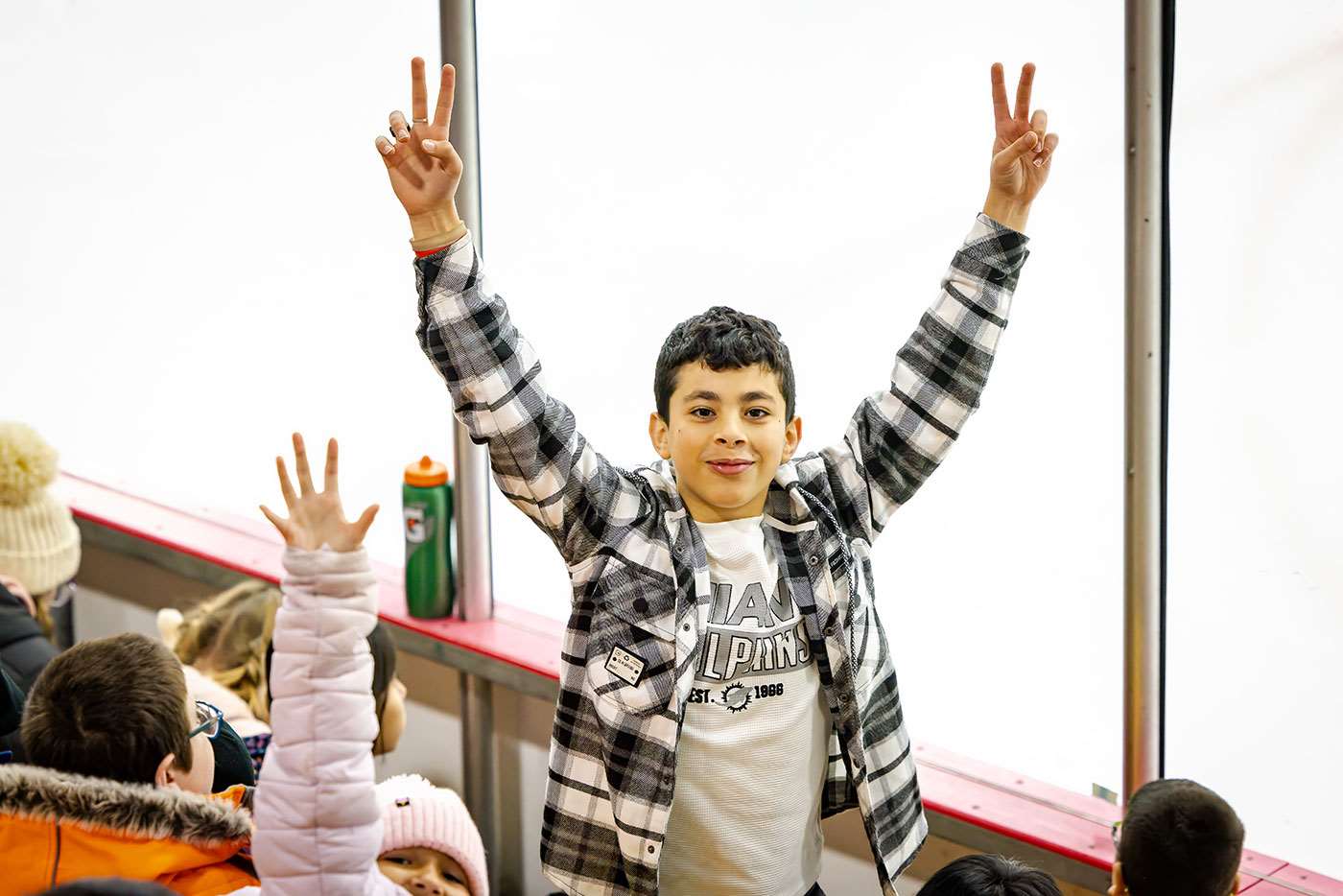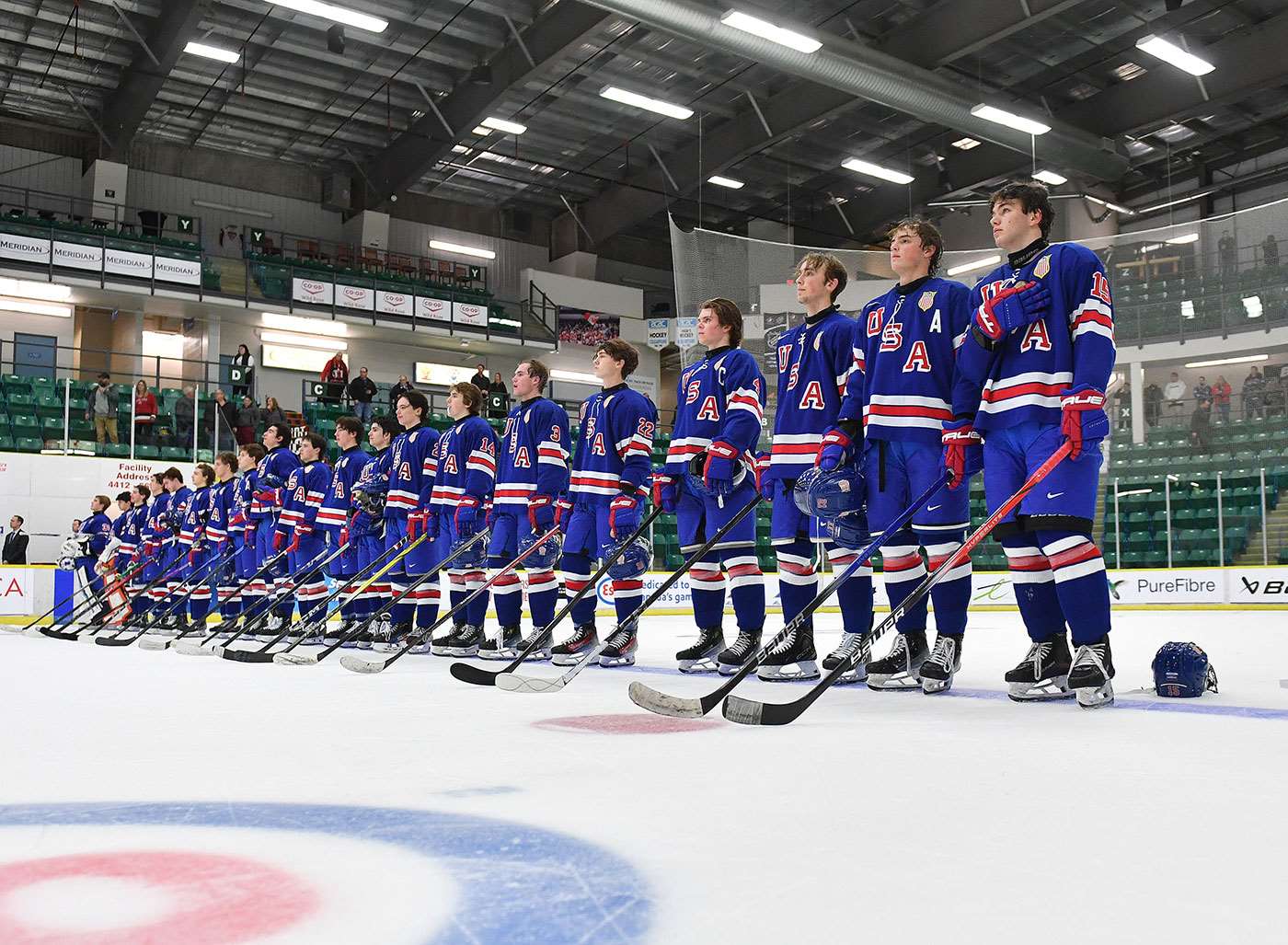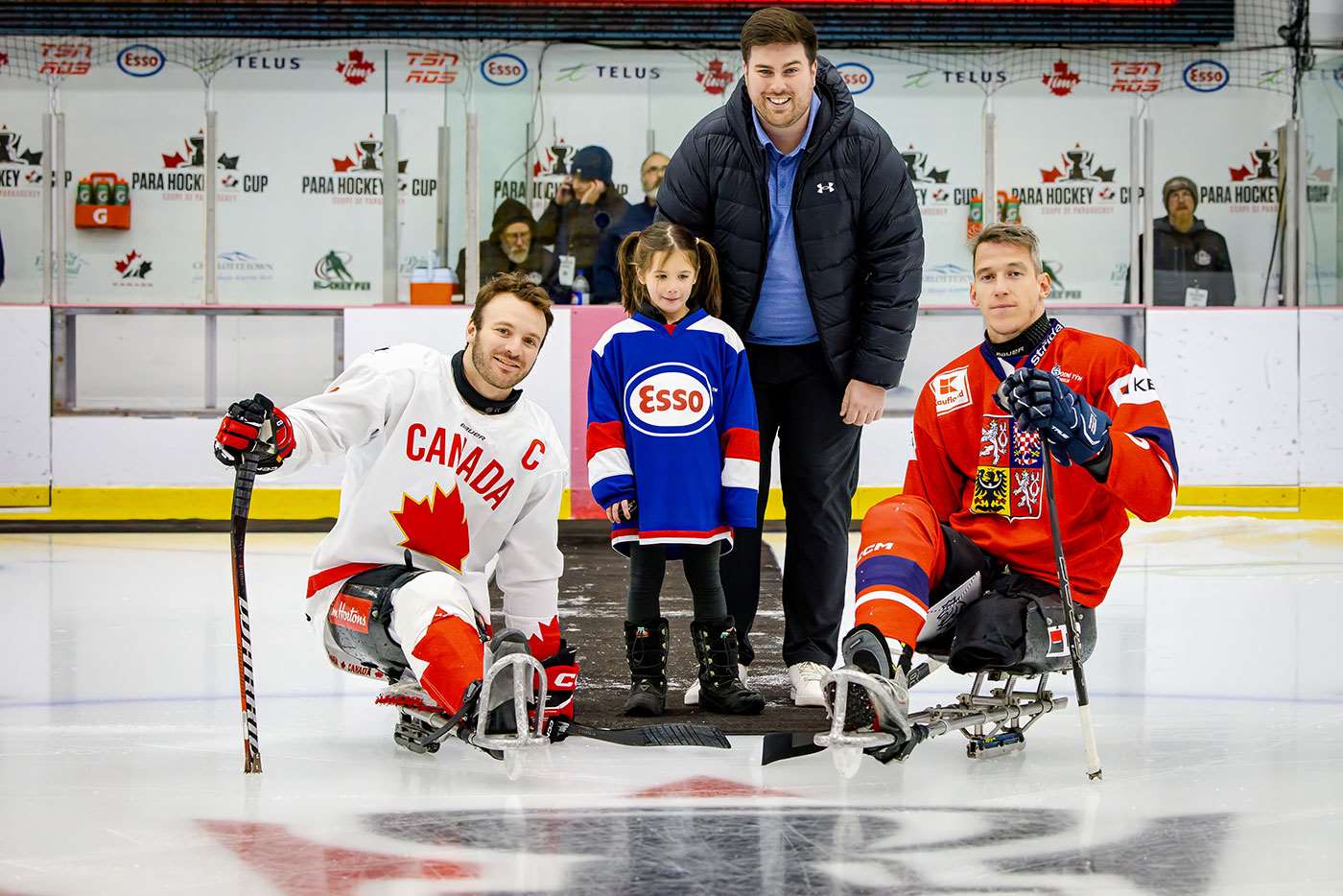
Schedule
Team Canada (Men)
IIHF World Junior Championship | Dec. 26, 2024-Jan. 5, 2025
Spengler Cup | Dec. 26-31, 2024
4 Nations Face-Off | Feb 12-20, 2025
IIHF U18 World Championship | April 23-May 3, 2025
IIHF World Championship | May 9-25, 2025
U17 World Challenge | Nov. 3-9, 2024
Hlinka Gretzky Cup | Aug. 5-10, 2024
Junior A World Challenge | Dec. 9-15, 2024
National Junior Team vs. USPORTS | Dec 12-13, 2024
Search
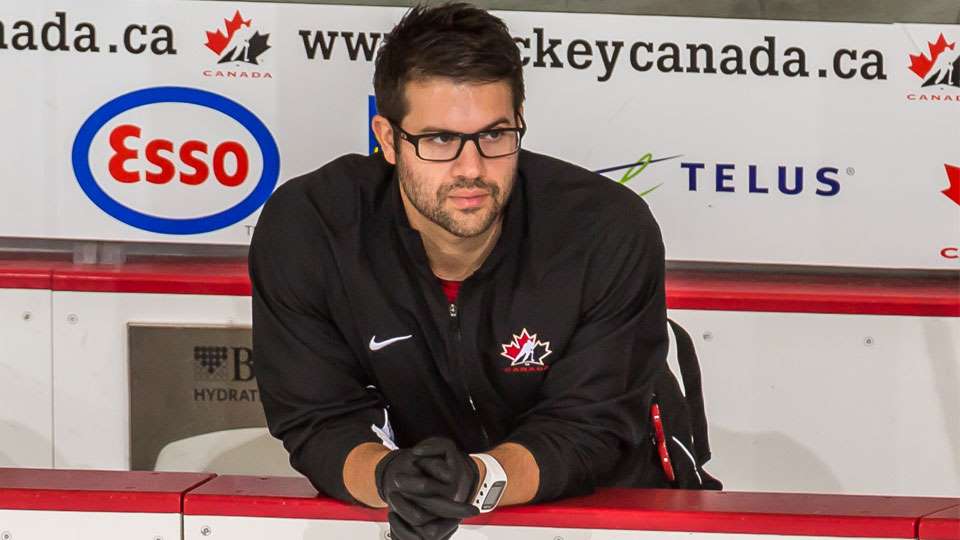
A new direction towards an old goal
Mark Packwood never got the chance to represent his country as a player, but a career change means his international dream could become reality

Mark Packwood isn’t a stranger to Team Canada. He’s been here before.
But instead of strapping on his goalie pads and pulling on a jersey like he did a decade ago, now he laces up his running shoes and snaps a medical pouch around his waist as an athletic therapist.
The attire may have changed, but the goal hasn’t – he wants to represent his country on the international stage, although it may be a different route to the proverbial summit than the Thorold, Ont., native envisioned as a teenager.
Packwood has been a fixture at the Hockey Canada headquarters this summer, participating in Canada’s national under-17 development camp before sticking around to work at Canada’s National Women’s Development Team selection camp.
It’s the first time he’s been part of Team Canada since a pair of experiences in the Program of Excellence more than 10 years ago.
Back then, he was a wide-eyed 16-year-old goaltender who patrolled the crease for Ontario at the 2005 World Under-17 Hockey Challenge in Lethbridge, Alta., settling for a fourth-place finish.
Packwood saw action in four of Ontario’s seven games, finishing with a 1-1 record and a 4.42 goals-against average. But he allowed three goals in the first 12 minutes of a preliminary-round game against the United States and only saw the ice once more, in relief of goaltending partner Jason Guy in a 9-1 semifinal loss to Pacific.
But Packwood played well enough with the Junior B Kitchener Dutchmen to earn an invite to Canada’s National Men’s Summer Under-18 Team selection camp the following August.
“I thought of it as a way to redeem myself. I didn’t have the best tournament at under-17 and I really wanted to prove myself,” the 27-year-old says.
“I was going into my NHL draft [year] and it was a way for me to show my coaches who happened to be there and show Hockey Canada I’d matured, that I was ready to take on any role that was possible.”
On the day releases were made following camp, the phone rang early in his hotel room.
He made his roommate pick it up.
“He was released and I thought ‘Well, if I was being released, too, they’d ask for both our names,’” Packwood says. “I was about to text my parents to say ‘I think I made the team.’ And then the phone rang [again].”
Packwood was released in favour of future NHL first-round picks Jonathan Bernier and Leland Irving, who backstopped Canada to gold. He says it was the first time he’d been cut from a hockey team.
“They won gold so they made a good decision,” he says. “You handle adversity and you use that going forward. Just because things aren’t successful the way you want, doesn’t mean you don’t learn from them.”
After three more years of Major Junior hockey with the Kitchener Rangers and Oshawa Generals, and brief stops at Brock University and with the Junior B Niagara Falls Canucks, injuries brought an end to Packwood’s playing days in 2009.
Immediately, his thoughts turned to how to stay involved in the game.
“When I didn’t make it as a player, my thought process was that I was going to get to the NHL or be part of hockey in some capacity, whether it was goalie coaching, which I did a little bit of, or whether it was in the medical field,” Packwood said.
After a brief stint in a mechanics program, he grew an appreciation for problem solving. That’s when Packwood reconnected his career path to the game he loved.
“The medical field was a way to do that,” he says. “I had my own injuries that were interesting to see treatment-wise but it was something I found a passion for. And I wanted to be a little bit more social, a little bit more connected to the players.
“Looking at sports medicine versus physiotherapy or [being an] athletic trainer, the latter seemed to be more what I wanted. It’s hard to replace being in the room with the guys 24/7 like that and that’s what I wanted. It’s my way of hopefully accomplishing my dream.”
After receiving his bachelor’s degree in kinesiology at Brock University and a physiotherapy designation from Western University, Packwood joined the Fowler Kennedy Sports Medicine Clinic in London, Ont., a highly-respected facility that works with the Memorial Cup champion London Knights.
He says the role reversal from player to staff plays an invaluable role in his day-to-day duties.
“I think the biggest thing is understanding what the players feel like,” he says. “Sometimes I’ll try to explain something to a player and in my head saying, ‘Mark, if this was said to you, you would not be buying it.’”
Looking back, Packwood admits there were opportunities that were missed. But with the path he has chosen, there’s a good chance those same opportunities will come back again.
“I definitely wish that part of Team Ontario, we had won. I wish I had won at [the Junior World Cup]. I wish that we had won the World Juniors. I had this thought process at the start of my career that I was going to win all of that,” he says.
“I would love to get back and try to win those tournaments. Obviously it’s a way smaller capacity, but it would be great to be part of the team to help celebrate something like that. Just to be part of a team again, I think, is the biggest thing.”
For more information: |
- <
- >

















